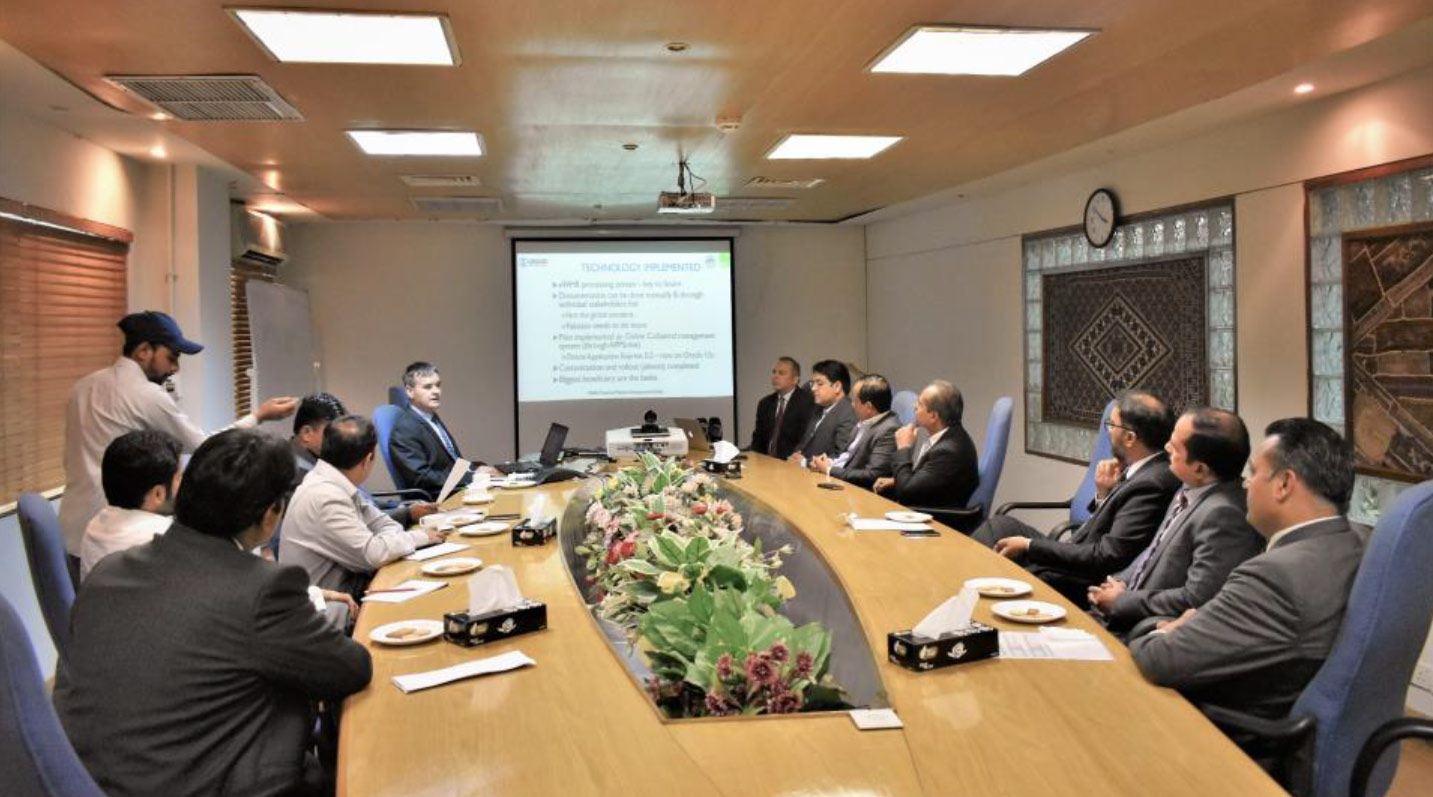USAID/Pakistan – Financial Markets Development (USAID/FMD) Activity
USAID/Pakistan – Financial Markets Development (USAID/FMD) Activity
Pakistan | 2016 - 2019

Overview
Debt instruments, a major source of public and private investment capital, were virtually missing from Pakistan’s capital market landscape and hampering the country’s economic growth. Pragma, under USAID’s three-year Financial Markets Development (FMD) Activity, effectively supported the development of Pakistan’s nascent debt capital market by positioning financial markets to play a proactive role in resource mobilization to positively impact country’s economic growth. USAID/FMD focused on assisting relevant regulatory institutions in reforming key policies governing the financial sector in Pakistan, with major positive impacts on the business and investment environment.
Galvanizing a coalition of key Government of Pakistan decision-makers and local securities market intermediaries/stakeholders, USAID/FMD experts built consensus and shaped a practical vision of resilient public bond market development. Pragma was instrumental in guiding implementation of this vision through a well-structured and time-framed roadmap, which resulted in the development of a robust and diverse range of public debt instruments catering to varying maturities. This strategic approach supported active secondary market trading and a fully-developed yield curve. Simultaneously, USAID/FMD created additional financing “space” and built institutional capacity to sustainably expand, small and medium enterprise (SME) lending with partner banks through cutting edge cash-flow based lending and product development approaches, buttressed by USAID/Pakistan’s Development Credit Authority (DCA) partial guarantee facility.
Achievements
- Expanded sustainable credit opportunities for small businesses across Pakistan, working both in large cities and regional provinces.
- Improved the enabling environment to foster the development of capital markets and more robust market operations.
- Delivered an Electronic Warehousing Receipts pilot for maize that served as a model for the rollout of a new commodities warehousing and collateralization system across Pakistan.
- Built the capacity of the State Bank of Pakistan and the Securities and Exchange Commissions of Pakistan in improved bond pricing mechanisms.
- Developed an electronic platform for improving access to and trading of debt securities and anti-money laundering systems and procedures.
- Improved SME access to finance in partnership with USAID’s lending guarantee initiative.
- Working with four DCA partner banks, two commercial banks, and two microfinance banks, designed tailored SME products to expand SME lending responsibly. This included a detailed, time-framed blueprint to support each bank in achieving SME Finance portfolio targets, as defined in the particular bank’s DCA agreement.
Focal Points
- Public Financial Management
- Financial Market Regulatory Reform
- Enterprise Competitiveness
- Private Sector Engagement
- Sustainable Livelihoods
- Gender Equity
- Access to Finance
- Foreign Investment
- Knowledge Management
- Collaboration, Learning, and Adaptation
